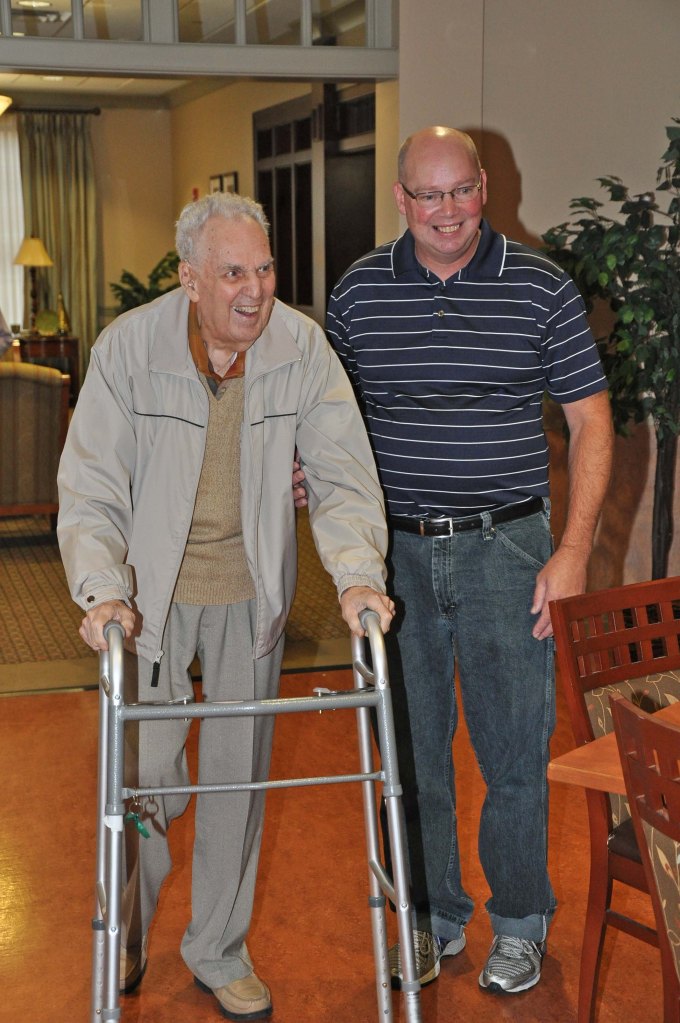If I were to imagine how Jesus would describe how we need to come to him, I might expect any number of analogies. Maybe we should come to him like a scholar, eager to study and learn more about him. Or as a martyr, passionate and ready to follow him, even to the point of death. Maybe we should we come as a theologian, with all the right answers. Or as a hero, full of bravery and triumph.
But no . . . Jesus says we should come to him, of all things, like a child.
In the past when I’ve read Jesus’ words about coming to him childlike, I had a sort of fuzzy notion that he was referring to innocence and dependence. And while that may be part of the picture, I’m beginning to wonder if there’s more to it than that.
I recently had the auntly delight of spending a few days with my four-year-old niece and my two-year-old nephew, and thanks to them, the whole notion of childlikeness is no longer theoretical. Here are some things Lyla and Tyler taught me about how Jesus wants us to come to him.
1. Ask questions. Lots of them.
At four, Lyla is at the stage where she’s taking the pieces of her world and trying to make sense of them. “Why can’t Aunt Eppie play with me instead of going to work?” “Why won’t they let the birdies at the zoo fly?” “How come Grandpa Joe can use potty talk and I can’t?” “What does canoodling mean?” We tend to assume that faith means not having any questions, but maybe it just means we’re secure enough in the relationship to ask the hard questions.
2. Trust your dad.
When we went to the pumpkin farm, Tyler delighted in freefalling off the hay bales into my brother’s arms, utterly confident his dad would catch him. Where I would have been screaming in terror, he giggled in delight. He knew his daddy wouldn’t let him down. And it left me feeling convicted: why don’t I trust my Father that way?
3. Find joy in the right-now.
As adults, we get bored easily, always ready to move on to the next thing. But Tyler followed Fermi the dog around endlessly, squealing in delight every time he was on the receiving end of a slobbery doggie kiss. As for Lyla, she’d say, “Tell me a story!” some eighteen times a day, never tiring of the yarn-spinning, even when my stories started sounding suspiciously like recycled fairy tales. Can I see the good gifts God has placed in my life, or am I always looking ahead, wishing for the next thing?
4. Be close to the people you love.
Lyla was my little shadow for a couple of days, which was just fine with me…except when it was time to use the restroom. “Aunt Eppie, why do you have to shut the door when you go to the bathroom? Why do you need your pribacy?” Restrooms aside, it warmed my heart to know that this precious child wanted to be near me. And I have to wonder…does God wish I would be a little more eager to follow him around?
I have no doubt Jesus had the likes of Lyla and Tyler in mind when he gave this mini sermon about childlikeness:
One day some parents brought their children to Jesus so he could touch and bless them. But the disciples scolded the parents for bothering him.
When Jesus saw what was happening, he was angry with his disciples. He said to them, “Let the children come to me. Don’t stop them! For the Kingdom of God belongs to those who are like these children. I tell you the truth, anyone who doesn’t receive the Kingdom of God like a child will never enter it.” Then he took the children in his arms and placed his hands on their heads and blessed them.
—Mark 10:13-16
I want to receive the Kingdom of God that way. Like Lyla and Tyler, I want to come to God with my tough questions. I want to trust him with utter abandon. I want to bubble over with joy at the little gifts he brings into my life. I want to be as close as possible to the God I love.
I want to come to him with my whole heart.
The way a child does.
I’ve taken the challenge of reading the Bible chronologically this year and tracing the thread of grace through it. These musings are prompted by my reading. I’d love to have you join me: One Year Bible reading plan.




